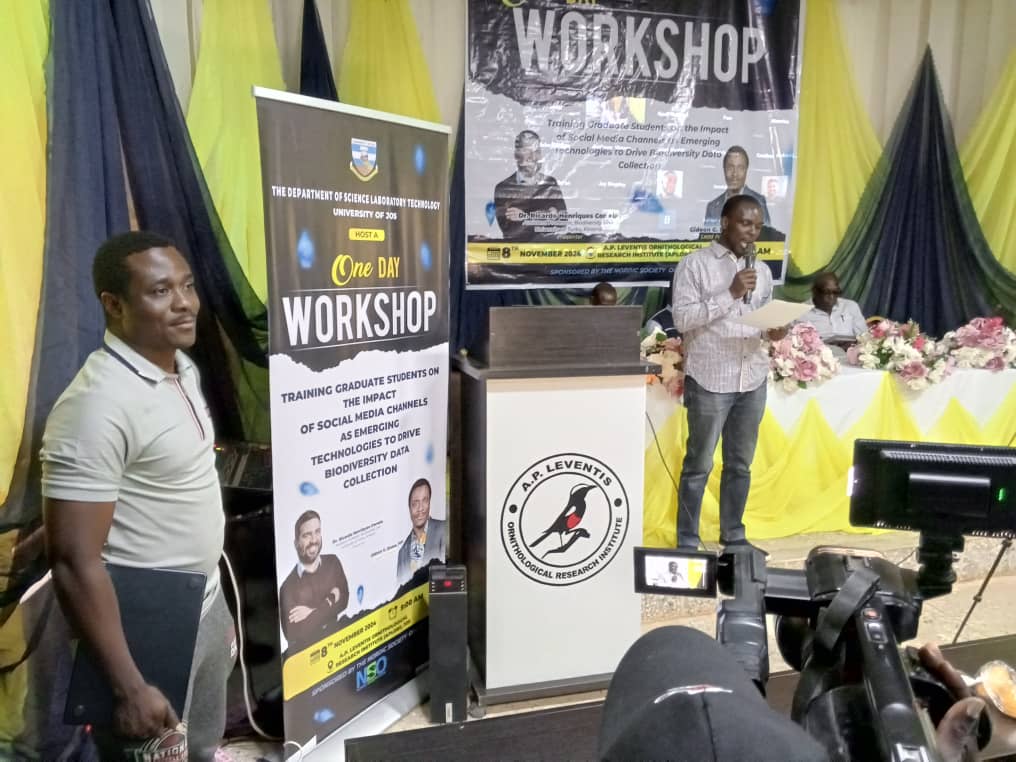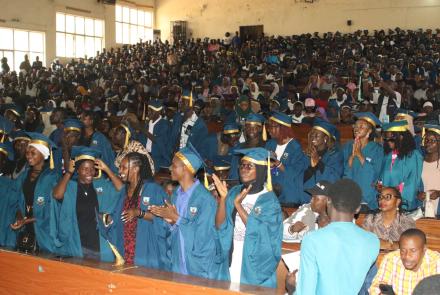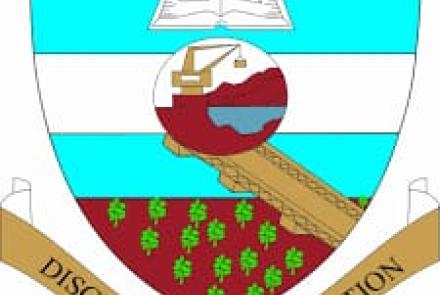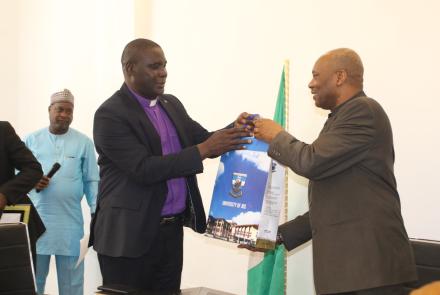GOV. MUTFWANG LAUDS UNIJOS FOR TRAINING
UNIVERSITY OF JOS, JOS NIGERIA
(OFFICE OF THE VICE-CHANCELLOR)
INFORMATION, PUBLICATIONS, PUBLIC RELATIONS & PROTOCOL DIVISION
PRESS RELEASE
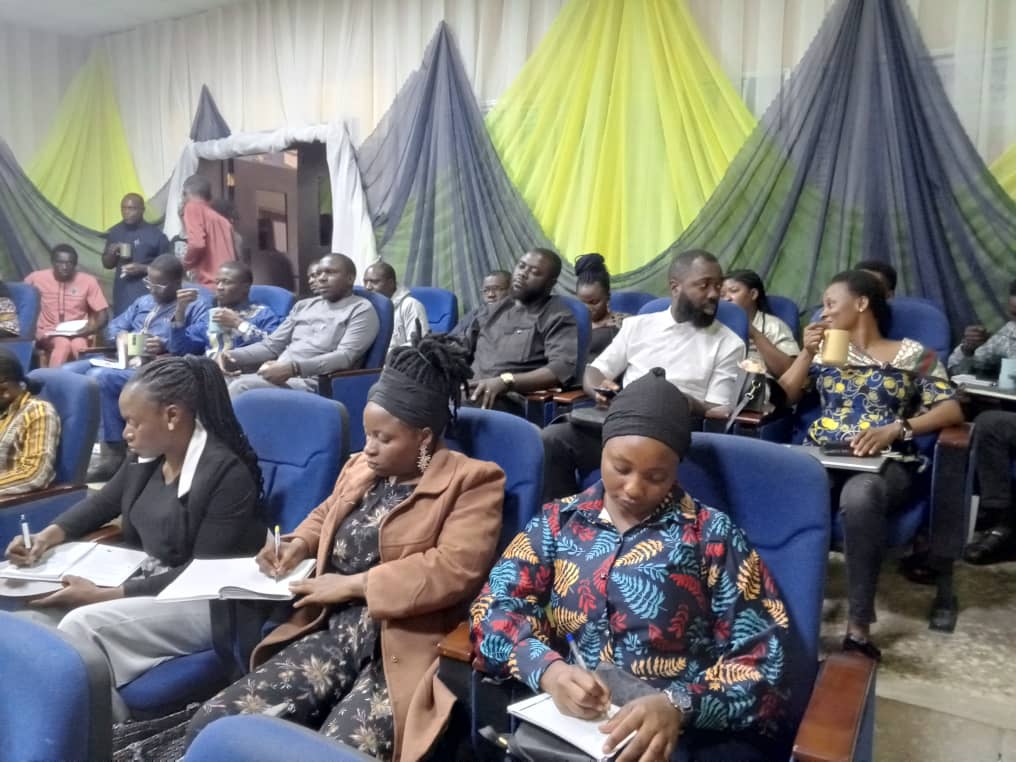
Plateau State Governor Barr. Caleb Mutfwang has lauded the University of Jos, through its A.P. Leventis Ornithological Research Institute (APLORI), for assisting the State in building capacity among its citizens in sustainable environmental practices through the utilization of emerging technologies for Biodiversity Data collection.
The Governor, who was speaking at a one-day Workshop organized by APLORI at the Institute’s Headquarters in Laminga said, his Administration has adopted measures towards reducing carbon emissions in the State. According to Governor Mutfwang, this is through the procurement of Rapid Transit Buses (BRT-Buses) for the establishment of a high-quality urban mass transit system, promoting the conservation of some forests in Jos-East and Bassa Local Government Areas as well as the adoption of solar technology to generate power. Governor Mutfwang said he is delighted with the University’s steps towards enhancing Biodiversity that will contribute to developing a sustainable ecosystem in the State.
The Governor, who was represented by his Special Adviser on Sustainability and Carbon Credit, Nuhu Yakubu, described human behaviour as the key towards improving Biodiversity while encouraging citizens to shun practices that are harmful to the environment.
Vice-Chancellor, University of Jos, Professor Tanko Ishaya described Conservation and Biodiversity as essential activities that nourish humanity, without which humankind will go into extinction and the earth’s future put into jeopardy.
Speaking through the Dean, Faculty of Natural Sciences, Professor Nestor Chagok, the Vice-Chancellor said as a Scientific and Research community, the University of Jos does not take arbitrary decisions but rather bases its actions on verifiable data and empirical evidence, which is why the University is leveraging on the use of emerging technologies for Data collection and Biodiversity management in Plateau State and Nigeria as a whole.
Lead Facilitator of the Workshop who is also a Visiting Lecturer with the University’s Department of Science Laboratory Technology, Dr. Gideon Deme emphasized the need to build capacity of Graduate Students to enable them compete with other Students across the world especially through the use of emerging technologies like Artificial Intelligence and Machine Learning to predict the exact location of certain species and why they are occurring at those points.
In a paper presentation titled “Addressing Biodiversity Data deficiencies using digital platforms”, an Assistant Professor with the Biodiversity Unit, University of Turku, Finland, Dr. Ricardo Henriques Correia, stressed the importance of using Social Media platforms to drive Biodiversity including for Data collection, Data filtering, Data quality check and harmonization.
Dr Correia warned that, although Social Media platforms are useful for Data collection, generating and using digital Data for Biodiversity must be done with caution, noting that Biodiversity knowledge shortfall is widespread and can hamper Conservation efforts.
Earlier, the Acting Director of APLORI, Dr. Adams Chaskda noted that the Workshop is aimed at empowering participants on ways to obtain quality Data that would assist them build the requisite capacity to generate proper records and develop a reliable Conservation repository.
Dr. Chaskda explained that the decline in numbers of species in the ecosystem is due to negative human activities that must be mitigated in order to reduce the effects of environmental pollution which is the collective responsibility of all citizens.
The training which has as theme “The impact of Social Media Channels as Emerging Technologies to Drive Biodiversity Data Collection” was held at the APLORI Research Institute, Laminga, Jos-East Local Government Area of Plateau State.
Signed
Abdullahi Abdullahi
Senior Deputy Registrar (Information & Publications)


